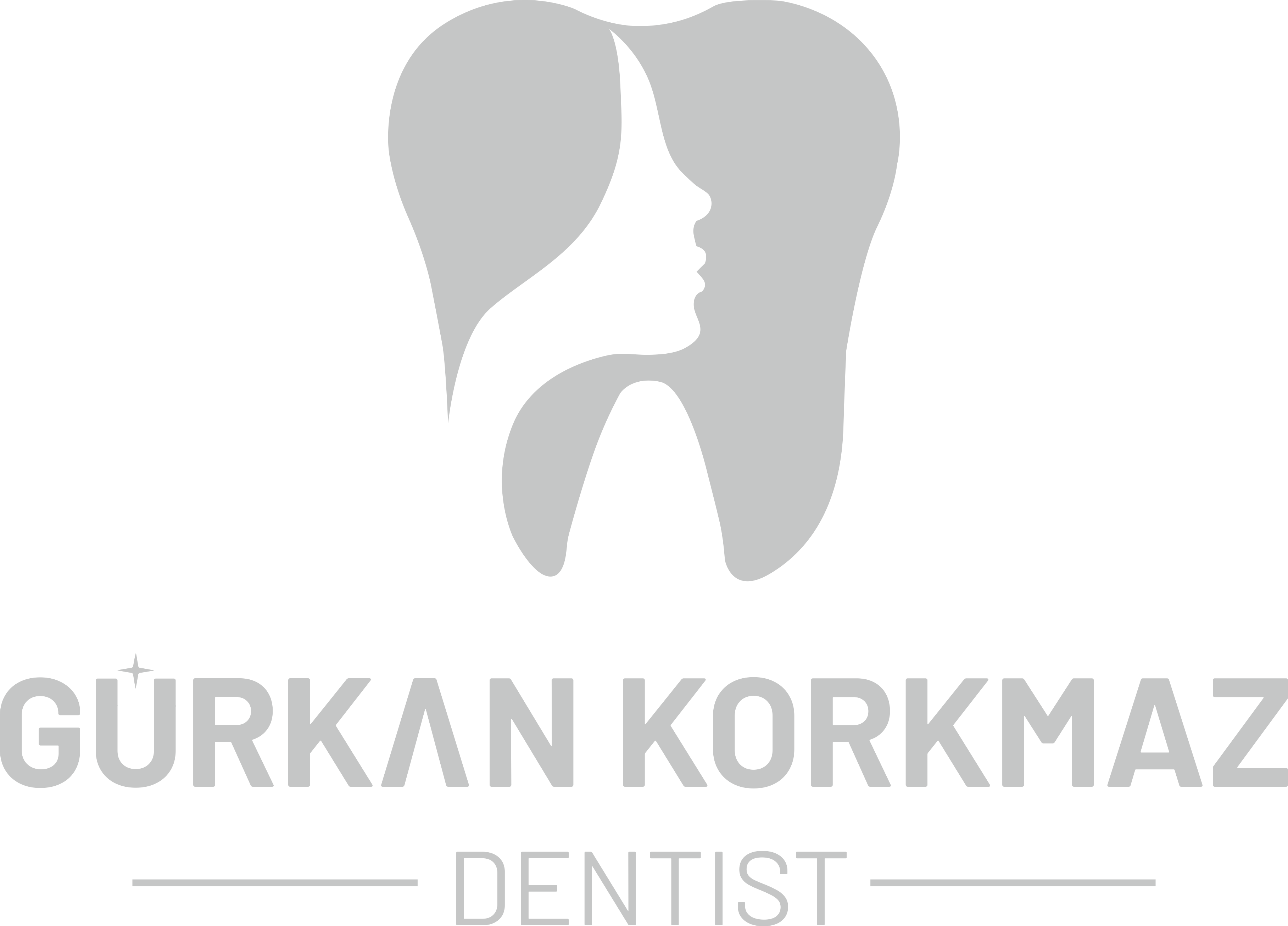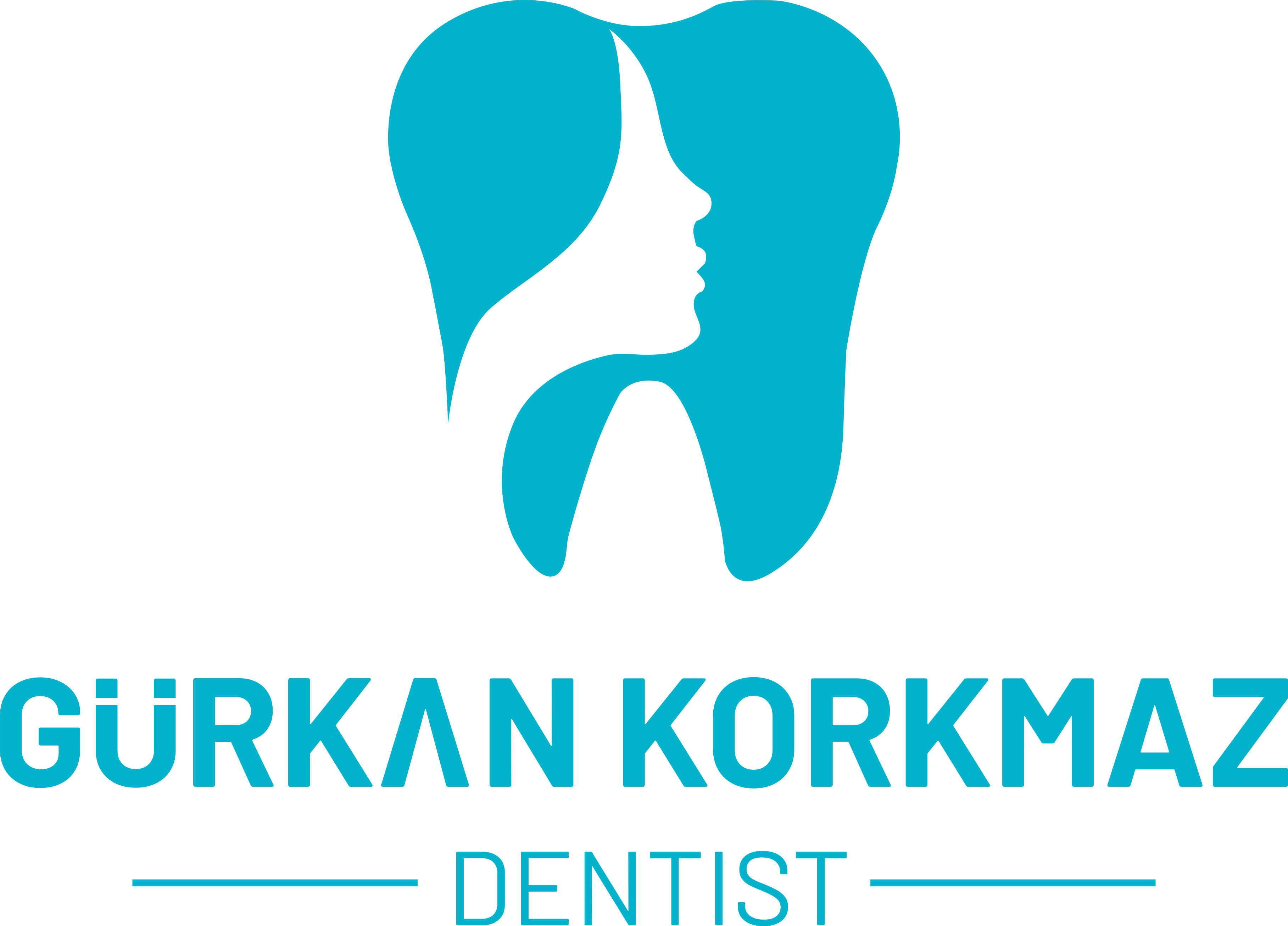10 Causes of Bleeding Gums
Bleeding gums is a common dental problem that can indicate a wide variety of health problems. The causes can be realised, which can help prevent and handle the condition effectively. It explores the main causes of bleeding gums, including gum diseases such as gingivitis and periodontitis, poor oral hygiene, hormonal changes, and more.
Gum Diseases: Gingivitis and Periodontitis
Gingivitis is the mildest form of gum disease, characterized by inflammation of the gums. It is often caused by the buildup of plaque on the teeth, which irritates the gums and leads to redness, swelling, and bleeding, especially during brushing or flossing. If left untreated, gingivitis can progress to periodontitis, a more severe form of gum disease. Periodontitis involves not only inflammation but also the destruction of the supporting structures of the teeth, including the bone. This can lead to tooth loss if not managed properly.
Prevention and Management: Regular brushing and flossing, along with professional dental cleanings, are essential in preventing gingivitis. If you notice any signs of gum disease, such as bleeding, swelling, or persistent bad breath, it is important to seek dental care promptly. Your dentist can provide treatments like scaling and root planing to remove plaque and tartar buildup.
Poor Oral Hygiene
Inadequate oral hygiene is a significant cause of bleeding gums. When plaque, a sticky film of bacteria, is not regularly removed through brushing and flossing, it can harden into tartar and lead to gum inflammation and bleeding. Poor oral hygiene also contributes to bad breath and tooth decay.
Prevention and Management: To maintain good oral hygiene, brush your teeth at least twice a day with fluoride toothpaste and use dental floss daily to remove plaque from between your teeth. Additionally, using an antiseptic mouthwash can help reduce bacteria in your mouth. Regular dental check-ups and cleanings are crucial for preventing gum disease and other dental problems.
Hormonal Changes
Hormonal changes during pregnancy, menstruation, menopause, and puberty can affect the gums, making them more sensitive and prone to bleeding. These hormonal fluctuations can increase blood flow to the gums, leading to inflammation and a higher risk of gum disease.
Prevention and Management: Women experiencing hormonal changes should pay extra attention to their oral hygiene. Regular brushing, flossing, and dental visits are essential. During pregnancy, it is particularly important to maintain good oral health, as gum disease can have adverse effects on both the mother and the baby. Your dentist may recommend more frequent cleanings during these periods to manage gum sensitivity and inflammation.
Vitamin Deficiencies
Deficiencies in certain vitamins, particularly vitamin C and vitamin K, can lead to bleeding gums. Vitamin C is essential for the health and repair of tissues, while vitamin K plays a crucial role in blood clotting. A lack of these vitamins can result in weakened gums and an increased tendency to bleed.
Prevention and Management: Ensure a balanced diet rich in fruits and vegetables to obtain sufficient vitamin C. Foods high in vitamin K include leafy greens, broccoli, and Brussels sprouts. If you suspect a vitamin deficiency, consult with a healthcare provider who may recommend dietary supplements or other interventions to address the issue.
Use of Tobacco Products
Smoking and the use of other tobacco products are major risk factors for gum disease. Tobacco use impairs the immune system, making it harder for the body to fight off infections, including gum infections. It also reduces blood flow to the gums, which can lead to tissue damage and bleeding.
Prevention and Management: Quitting smoking or using other tobacco products is one of the best steps you can take to improve your oral health. Tobacco cessation programs and resources are available to help you quit. Additionally, maintaining good oral hygiene and regular dental visits can help mitigate the effects of tobacco on your gums.
Medications
Certain medications can increase the likelihood of gum bleeding. These include blood thinners, which reduce the blood’s ability to clot, and medications that cause dry mouth, reducing saliva production and leading to gum irritation. Antidepressants, antihistamines, and some types of blood pressure medications can also affect oral health.
Prevention and Management: If you are taking medications that affect your gums, inform your dentist. They can provide specific advice on how to manage the side effects and may recommend more frequent dental check-ups. Staying hydrated and using saliva substitutes can help alleviate dry mouth symptoms.
Poor Diet
A diet high in sugar and low in essential nutrients can contribute to gum disease and bleeding gums. Sugary foods and drinks promote the growth of plaque bacteria, while a lack of essential nutrients weakens the immune system and the body’s ability to repair tissues.
Prevention and Management: Adopting a balanced diet rich in vitamins and minerals is crucial for maintaining healthy gums. Limit your intake of sugary snacks and beverages, and choose whole grains, lean proteins, fruits, and vegetables instead. Drinking plenty of water also helps keep your mouth clean and reduces the risk of gum disease.
Stress
Chronic stress can negatively impact your overall health, including your oral health. Stress can weaken the immune system, making it more difficult for your body to fight off infections, including gum infections. Additionally, stress can lead to neglect of oral hygiene routines and unhealthy behaviors such as smoking or poor diet.
Prevention and Management: Managing stress through relaxation techniques, regular exercise, and a healthy lifestyle can benefit your oral health. Prioritize your oral hygiene routine, even during stressful periods, to prevent gum disease and bleeding gums.
Genetic Factors
Genetics can play a role in your susceptibility to gum disease. If gum disease runs in your family, you may be more prone to developing it, even with good oral hygiene practices. Understanding your family history can help you take preventive measures.
Prevention and Management: If you have a family history of gum disease, it is important to be vigilant about your oral health. Regular dental check-ups, thorough oral hygiene, and a healthy lifestyle can help reduce your risk. Your dentist may also recommend specific preventive treatments if you are at higher risk.
Systemic Health Conditions
Certain systemic health conditions, such as diabetes, can affect your gums and lead to bleeding. Diabetes, in particular, is associated with an increased risk of gum disease due to impaired blood sugar control, which can affect the body’s ability to fight infections.
Prevention and Management: Managing systemic health conditions effectively is crucial for maintaining oral health. If you have diabetes, work with your healthcare provider to keep your blood sugar levels under control. Regular dental visits and meticulous oral hygiene are essential to prevent gum disease and its complications.
Bleeding gums can be a sign of various underlying issues, ranging from poor oral hygiene to systemic health conditions. By understanding the causes and taking proactive steps to maintain good oral health, you can prevent and manage gum disease effectively. Regular dental check-ups, a balanced diet, good oral hygiene practices, and addressing any underlying health issues are key to keeping your gums healthy and free from bleeding. Remember, your oral health is an integral part of your overall well-being, so take care of your gums and teeth to enjoy a healthy, confident smile.

Our mission is to provide superior quality services in the field of oral and dental health. With our expert team and state-of-the-art technology, we aim to deliver reliable, comfortable, and effective treatment options to maintain the highest level of oral and dental health for our patients.
Contact Detail
- Phone : +90 506 912 88 80
- Address : Alt Zeren Sok. No:29 Levent / Beşiktaş / İstanbul 34330
- Email : [email protected]
- Copyright 2024 Dentist Gürkan Korkmaz

Leave a Reply